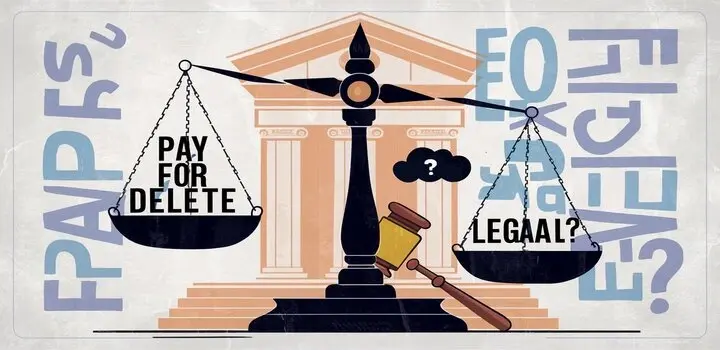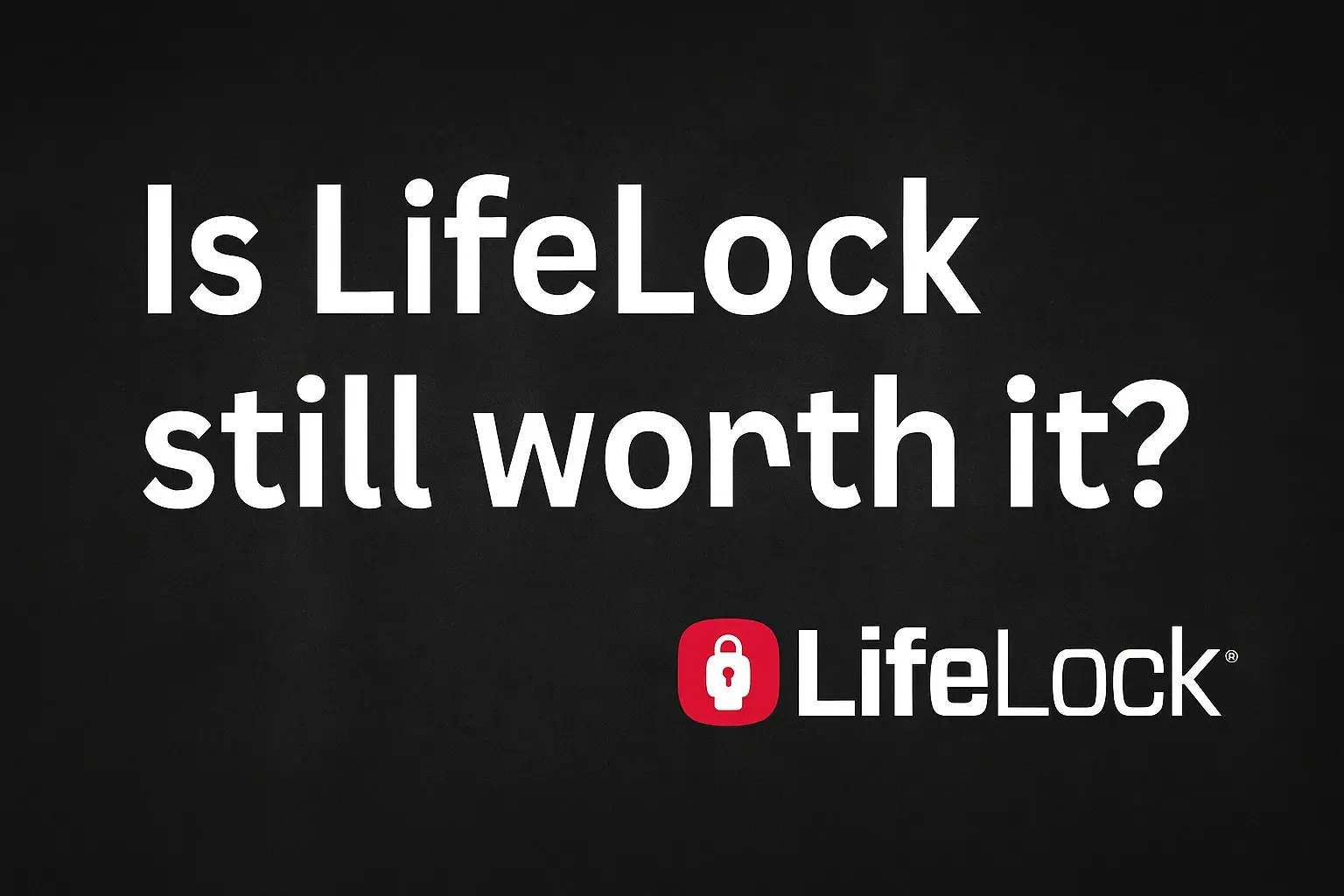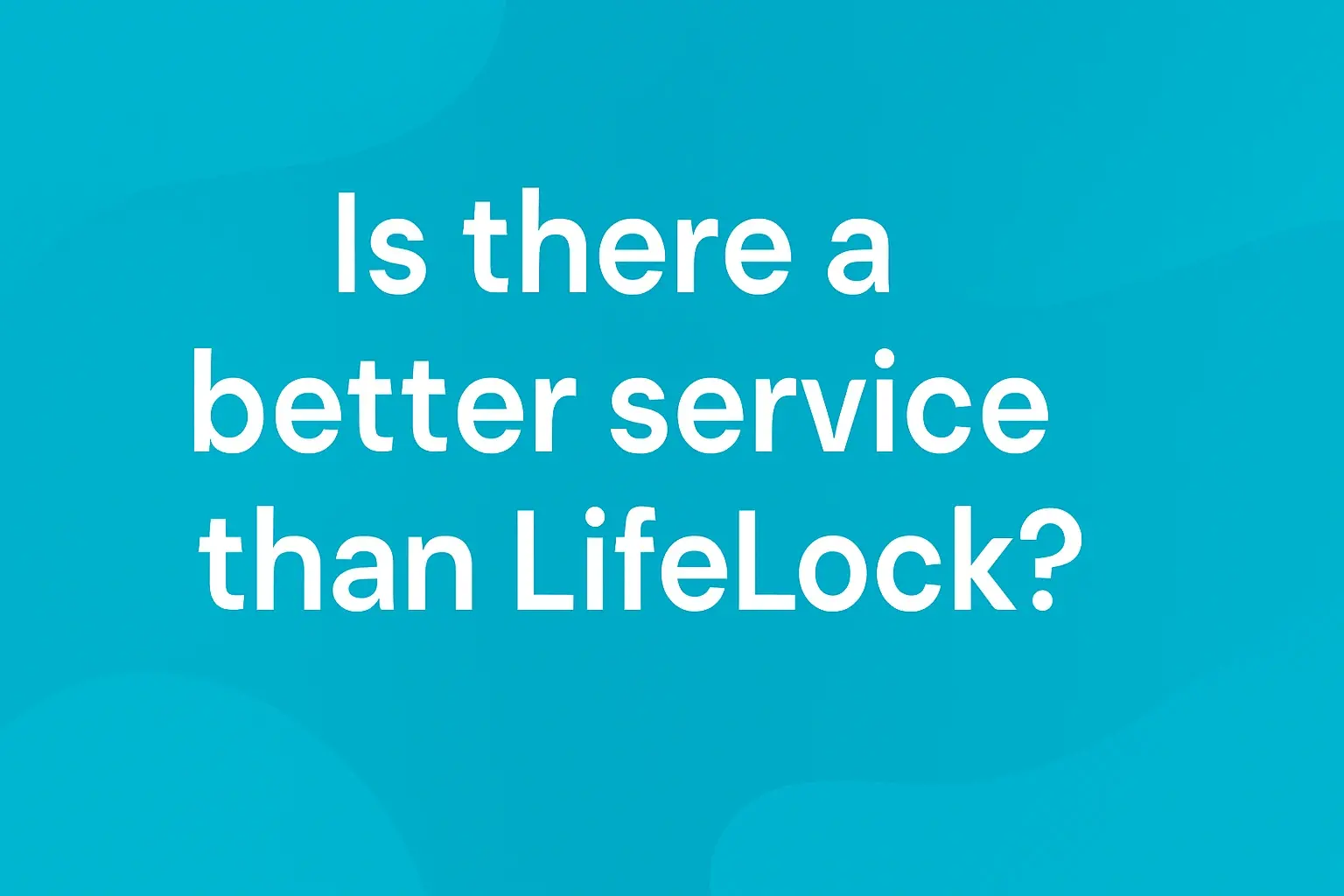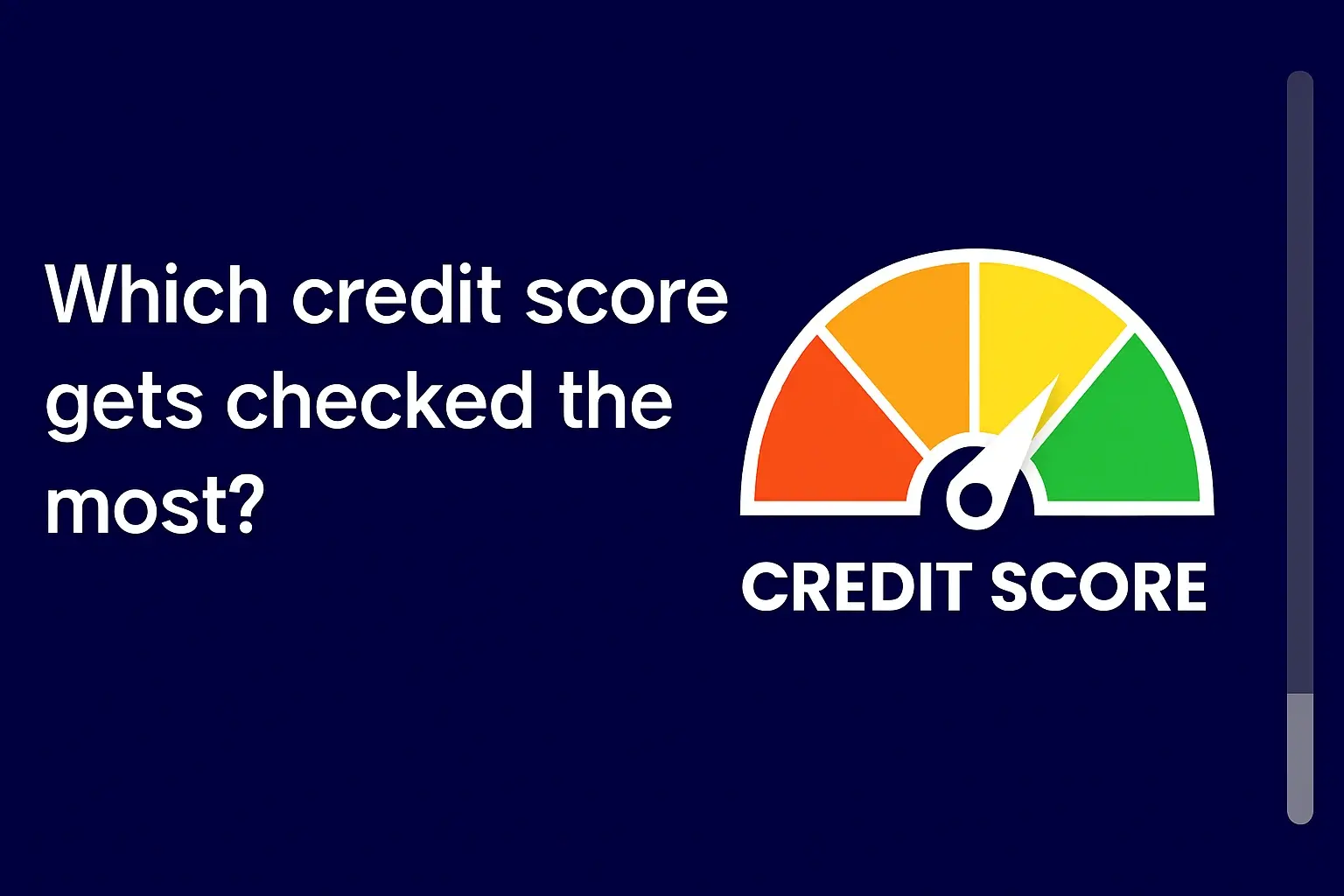-
Posted on: 25 Jul 2024
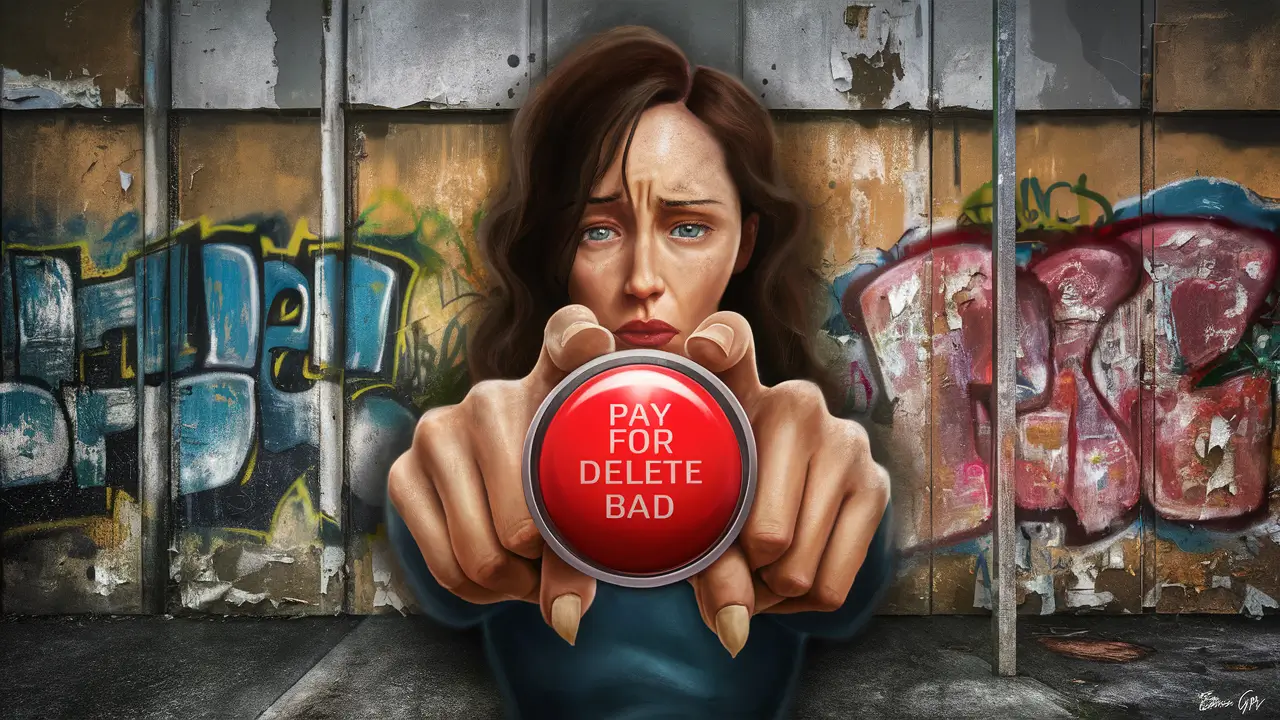
-
In the ever-evolving landscape of the internet, online reputation has become a critical asset for individuals and businesses alike. This has given rise to a market for online reputation management (ORM) services, aiming to improve, protect, and even manipulate online perception. Among these services, one particularly controversial practice stands out: "pay for delete." This involves offering financial incentives to website owners, review platforms, or content creators to remove negative or unflattering content. While it might seem like a quick fix to a reputation problem, "pay for delete" is a deeply flawed approach with significant ethical and practical downsides.
The Core Problem: Compromising Integrity and Transparency
The fundamental problem with "pay for delete" lies in its inherent compromise of integrity and transparency. The internet thrives on open access to information, allowing consumers and other stakeholders to make informed decisions based on genuine feedback and experiences. When content is removed solely because someone paid for it, it distorts the reality, creating a false or incomplete picture.
Erosion of Trust
Imagine a scenario where a restaurant receives several negative reviews highlighting issues with food quality or service. If the restaurant owner pays to have these reviews removed, potential customers are deprived of valuable information that could influence their dining choices. This deliberate manipulation erodes trust not only in the specific business but also in the platform hosting the reviews. Over time, if "pay for delete" becomes widespread, users will lose faith in the reliability of online reviews and other user-generated content.
Suppressing Legitimate Criticism
"Pay for delete" effectively silences legitimate criticism. It allows businesses or individuals to control the narrative surrounding them, preventing valid concerns from being addressed and potentially harming others who might experience similar issues. This creates an environment where negative experiences are swept under the rug, rather than being used as opportunities for improvement and growth. It punishes customers who took the time to leave honest feedback, while shielding companies from accountability.
The Dark Side: Blackmail and Extortion
The "pay for delete" model can easily be exploited for malicious purposes, paving the way for blackmail and extortion schemes. Individuals or groups might intentionally create false or exaggerated negative content with the sole intention of demanding payment for its removal. This is a particularly dangerous aspect of "pay for delete" as it turns online reputation management into a game of cat and mouse, with the potential for severe financial and emotional distress.
The Threat of Fake Reviews
The rise of fake reviews is a significant challenge for online platforms. "Pay for delete" further exacerbates this issue, as individuals or companies might create a multitude of fake negative reviews and then offer to remove them for a fee. This creates a double-edged sword: businesses are forced to either pay up or suffer the consequences of a damaged reputation, even if the negative content is completely fabricated. This is essentially online extortion, and it undermines the entire review ecosystem.
Ethical Implications for Website Owners
For website owners and review platforms, engaging in "pay for delete" carries significant ethical implications. It compromises their credibility and damages their reputation as trusted sources of information. Furthermore, it creates a slippery slope where objectivity is sacrificed for financial gain. While some platforms might argue that they need the revenue to survive, compromising their integrity ultimately undermines their long-term viability.
The Legal Gray Areas
The legality of "pay for delete" is a complex and evolving issue. While it might not be explicitly illegal in all jurisdictions, it often skirts the edges of deceptive advertising laws and unfair competition practices. Furthermore, depending on the nature of the content being removed, it could potentially be considered obstruction of justice or other legal violations. The legality often depends on the specific circumstances, the jurisdiction, and the terms of service of the platforms involved.
Terms of Service Violations
Most reputable review platforms and websites have terms of service that prohibit the artificial manipulation of content, including the removal of negative reviews in exchange for payment. Engaging in "pay for delete" violates these terms, potentially leading to account suspension, legal action, or other penalties. Even if a platform doesn't explicitly prohibit "pay for delete," it's often viewed as a deceptive and unethical practice that can damage the platform's overall reputation.
FTC Guidelines and Regulations
The Federal Trade Commission (FTC) in the United States has strict guidelines regarding endorsements and testimonials, requiring them to be truthful and non-misleading. Removing negative reviews in exchange for payment can be considered a deceptive practice that violates these guidelines. The FTC actively investigates and prosecutes companies that engage in deceptive online marketing practices, including the manipulation of online reviews.
Long-Term Consequences and Reputational Damage
While "pay for delete" might offer a short-term solution to a reputation problem, it carries significant long-term consequences that can ultimately damage your reputation even further. The internet has a long memory, and any evidence of engaging in unethical practices can quickly spread online, leading to public backlash and lasting reputational harm.
The Streisand Effect
The "Streisand effect" refers to the phenomenon where an attempt to suppress information inadvertently leads to its wider dissemination. Attempting to remove negative content through "pay for delete" can often backfire, attracting even more attention to the issue and amplifying the negative publicity. In many cases, the attempt to hide the problem becomes a bigger problem than the original negative content.
Loss of Credibility
If it's discovered that you've engaged in "pay for delete," your credibility will be severely damaged. Customers, partners, and other stakeholders will lose trust in your brand, making it difficult to rebuild your reputation. The perception of dishonesty and manipulation can be incredibly damaging, potentially leading to a loss of business and revenue.
Ethical Alternatives to Pay for Delete
Instead of resorting to unethical practices like "pay for delete," there are several ethical and effective alternatives for managing your online reputation:
Focus on Providing Excellent Products and Services
The best way to build a positive online reputation is to consistently provide excellent products and services. Focus on exceeding customer expectations and addressing any issues promptly and effectively. This will naturally lead to positive reviews and word-of-mouth referrals.
Respond to Negative Reviews Professionally
Instead of trying to remove negative reviews, use them as opportunities to learn and improve. Respond to negative reviews promptly and professionally, acknowledging the customer's concerns and offering solutions. This demonstrates that you value customer feedback and are committed to providing a positive experience.
Encourage Positive Reviews
Actively encourage satisfied customers to leave positive reviews on relevant platforms. This can be done through email marketing, social media, or by simply asking customers for feedback after a positive experience. Make it easy for customers to leave reviews by providing clear instructions and links.
Create High-Quality Content
Develop a strong online presence by creating high-quality content that addresses common customer questions and concerns. This can include blog posts, articles, videos, and social media updates. By providing valuable information, you can establish yourself as a trusted authority in your industry.
Consider Professional Reputation Management Services (Ethically)
If you're struggling to manage your online reputation on your own, consider hiring a professional reputation management service. However, be sure to choose a company that adheres to ethical practices and avoids tactics like "pay for delete." A reputable ORM firm will focus on building a positive online presence through content creation, social media engagement, and proactive communication.
Monitor Your Online Reputation
Regularly monitor your online reputation to stay informed about what people are saying about you or your business. Use tools like Google Alerts, social media monitoring platforms, and review site monitoring services to track mentions, reviews, and other relevant content. This allows you to respond quickly to any negative feedback and address any potential issues before they escalate.
Conclusion: Choose Ethics Over Expediency
"Pay for delete" might seem like a tempting solution to a reputation crisis, but it's a fundamentally flawed approach that compromises integrity, erodes trust, and carries significant long-term consequences. By focusing on ethical alternatives like providing excellent products and services, responding to negative reviews professionally, and creating high-quality content, you can build a positive online reputation that is both sustainable and trustworthy. Choose ethics over expediency, and your reputation will be far better for it in the long run.

